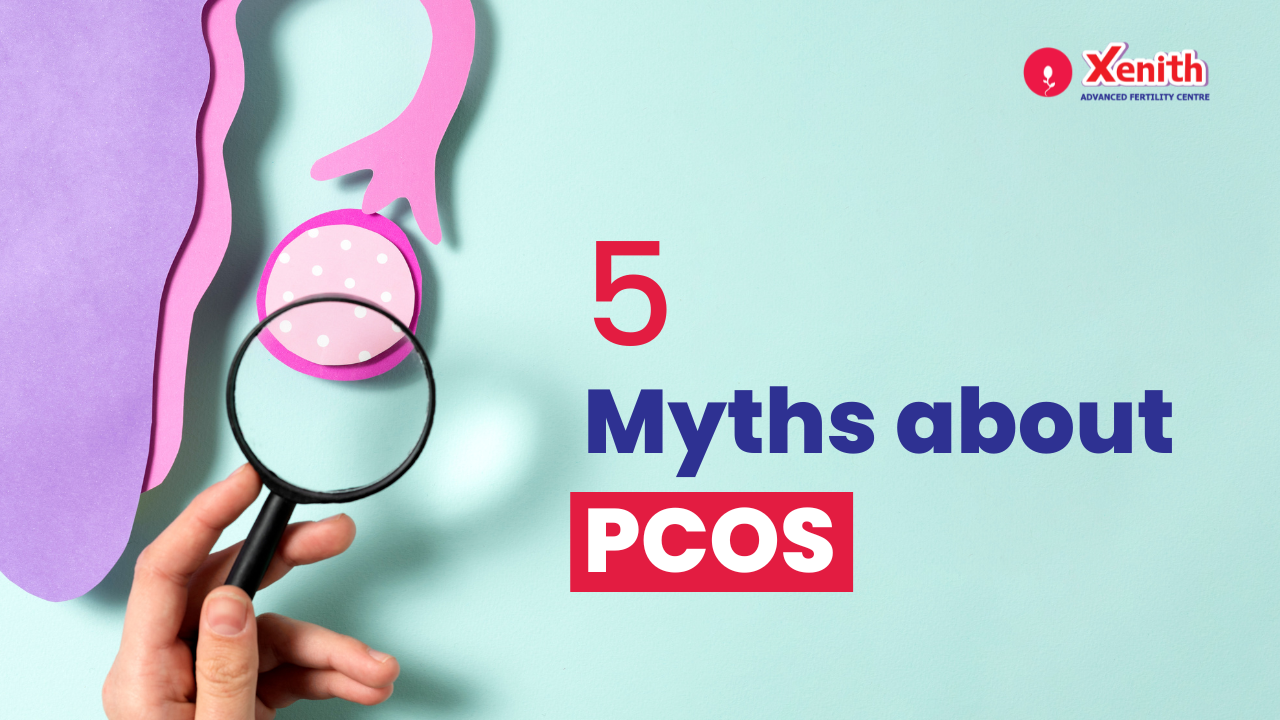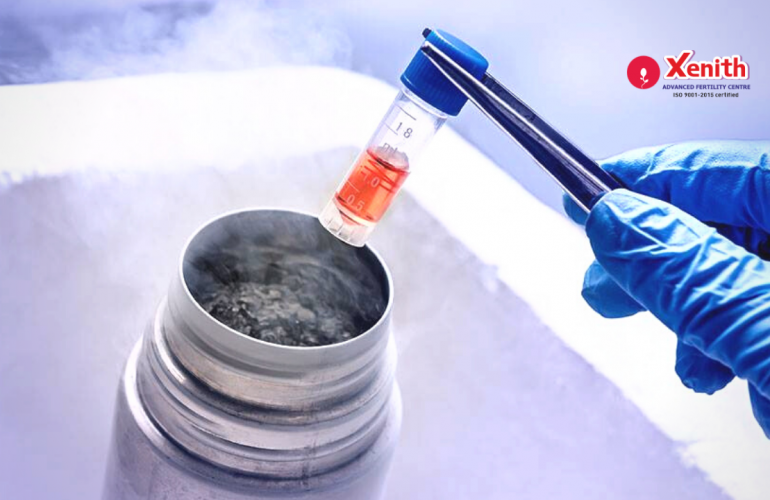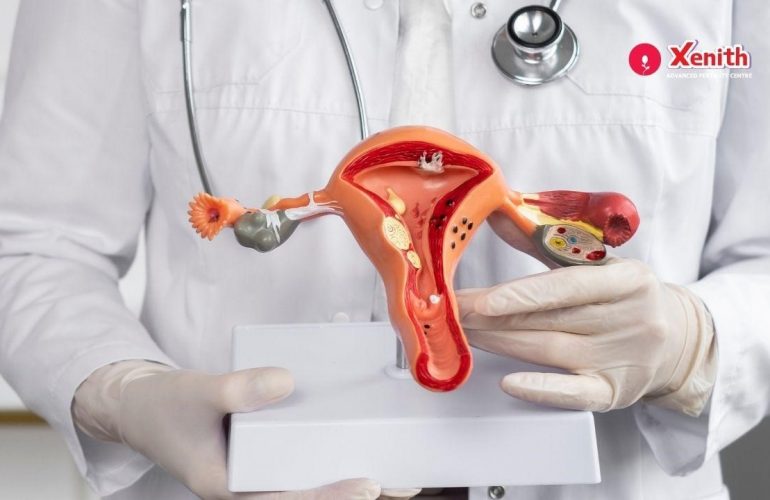Polycystic ovary syndrome (PCOS) is a common disorder of the endocrine system in women causing a hormonal imbalance which could lead to metabolic, reproductive and psychological issues. The endocrine system regulates certain processes in the body using hormones which are chemical messengers that move throughout the bloodstream. The hormonal imbalance causes the ovaries to produce higher levels of androgens which are male hormones like testosterone which in turn interferes with the development of the egg and its release. Some of these unreleased eggs develop into cysts which are basically fluid filled sacs and they build up in the ovaries causing the ovaries to get enlarged and it could cause irregularities in ovulation. Women with PCOS have at least two of the 3 following conditions:
- Irregular or no menstrual periods
- Excess of male hormones(androgens)
- Polycystic (multiple cysts) ovaries
Some of the symptoms of PCOS could include irregular menstrual cycles, too much hair on face, chin, chest or other parts of the body where men usually have hair(hirsutism), acne, male pattern baldness, weight gain, darkening of skin along neck creases, in the groin and underneath breasts and presence of skin tags. If your symptoms aren’t managed, you are at a higher risk for serious health problems like: heart disease, high blood pressure, high cholesterol, diabetes, gestational diabetes, sleep apnea, stroke, endometrial cancer, and depression. A pelvic exam, blood test for hormone levels, and an ultrasound can help diagnose PCOS. PCOS affects each person differently and sometimes one may find out they have PCOS only after they have been unable to become pregnant.
Here are 5 myths about PCOS
- People with PCOS have multiple cysts in their ovaries -This is not always true even though the name polycystic ovary means many cysts in the ovary and this name can be misleading. As mentioned above, only 2 of 3 conditions need to be true to be diagnosed with PCOS.
- You can’t get pregnant if you have PCOS-Due to the hormonal imbalance, the ovary doesn’t release the egg during ovulation regularly. This can cause irregular or no periods. Even though PCOS is a leading cause of infertility, many women with PCOS can get pregnant naturally or through fertility treatments although they are at a higher risk for some issues like miscarriage. Infertility drugs can help women with PCOS get pregnant. Get help from a fertility specialist as to what’s the best treatment for you, if you would like to have a child.
- You are overweight if you have PCOS-is not always true. PCOS affects different people in different ways. It’s more common for women with PCOS to be overweight although there are women with PCOS who are thin. Experts don’t know what causes weight gain in women with PCOS. It could be due to insulin resistance where higher levels of sugar in the bloodstream don’t get absorbed by the cells for energy but are rather converted to body fat. So a combination of a healthy diet and regular exercise could help you lose weight. Shedding even a small amount of weight could make your periods regular and help relieve some fot he symptoms of PCOS. Speak to your doctor for advice on losing weight
- PCOS can be cured- Unfortunately, there is no cure for PCOS, but overweight and obese women can help balance their hormone levels by losing weight. Otherwise, treatment is aimed at managing symptoms. A wide range of treatment options can help prevent any potential problems.
- Lifestyle changes, such as healthy eating and regular exercise, improve the way your body uses insulin and, therefore, regulates your hormone levels better.
- Birth control pills can also be a good treatment option if you aren’t interested in getting pregnant any time soon, because they can regulate your menstrual cycle and reduce androgen levels.
- Fertility medications also can help stimulate ovulation if you want to get pregnant
- Lifestyle changes, such as losing weight or managing stress levels
- Medications which help regulate hormones
- You have PCOS because of something you did- the exact cause of PCOS is unknown and you are not to blame. However, several factors like genetics could play a role. Women with PCOS often have higher levels of androgens or male hormones which could affect ovulation and regular menstrual cycles.
So, don’t get discouraged if you have PCOS because you can still live a healthy life with PCOS. The experts at Xenith Advanced Fertility Center can help you get on the right track and keep PCOS under control.




